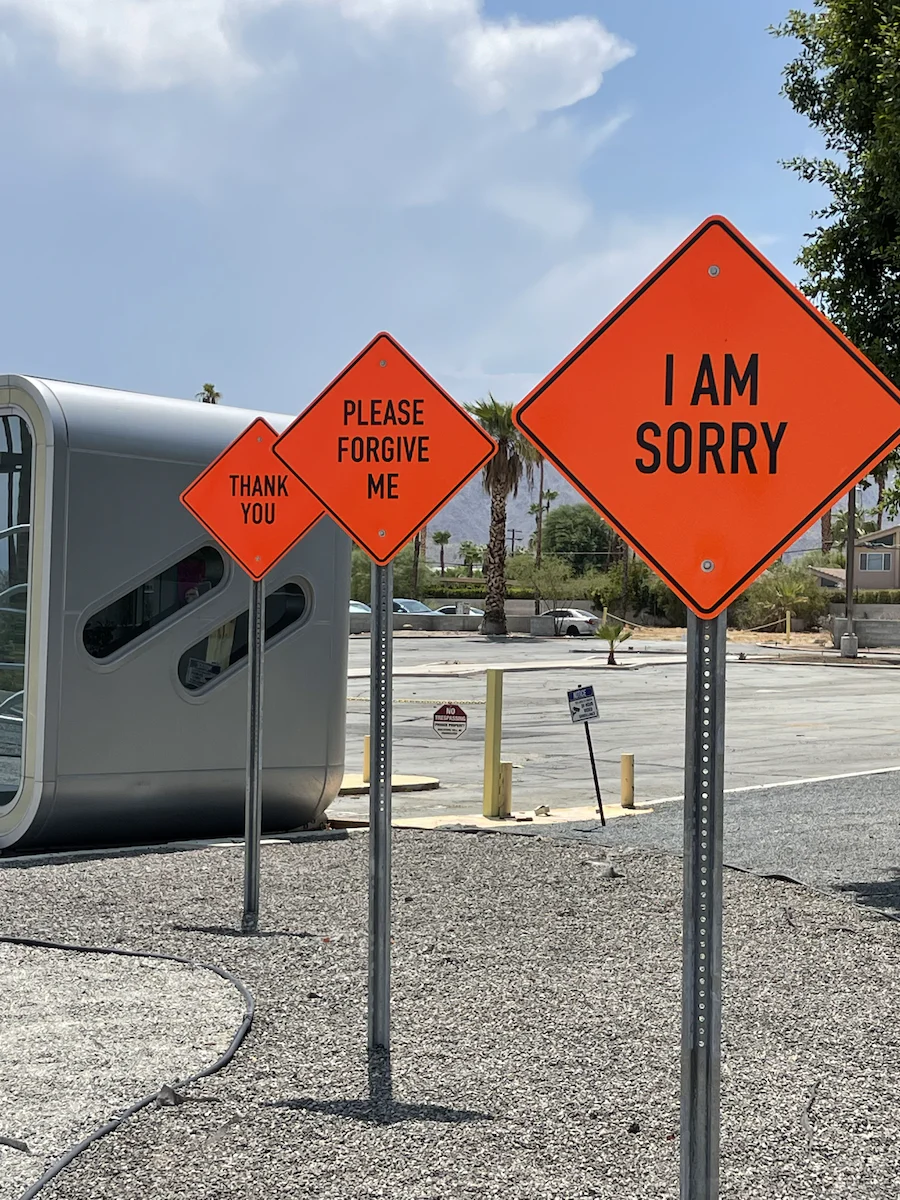Do you want to understand the Psychology of Non-Apologizers?
In the realm of human interactions, the ability to apologize is a fundamental aspect of maintaining healthy relationships. Yet, some individuals seem impervious to the act of admitting fault, even when the evidence is glaringly against them. Exploring the psychology behind this phenomenon reveals that the inability to apologize is not a display of strength but rather a manifestation of deep-seated weaknesses.
Occasional Failure to Apologize: Lack of Care or Belief in Impact
Occasional lapses in apologizing are normal, typically stemming from two main reasons. Firstly, a lack of care for the relationship or the person involved may result in avoiding the emotional discomfort associated with owning a mistake. Secondly, the belief that an apology won’t make a difference can lead to a failure to acknowledge wrongdoing.
Psychological Threats and Fragile Egos: The Core of Non-Apologizers
Individuals consistently incapable of apologizing exhibit a profound fear of psychological threats. The act of apologizing implies acknowledgment of causing harm, triggering feelings of shame. Those who struggle to apologize often harbour deep-seated feelings of low self-worth. Their fragile egos cannot withstand the blow of admitting they were wrong, prompting the deployment of defence mechanisms.
Defence Mechanisms and Empowerment: A Fragile Facade
Non-apologizers employ defence mechanisms, sometimes unconsciously, to shield themselves from the discomfort of admitting fault. Externalizing blame, disputing facts, and even attacking others become strategies to avoid lowering themselves through an apology. Paradoxically, by doubling down on their wrongness, they create a facade of empowerment, concealing their underlying weakness.
Misinterpretation of Strength: The Illusion of Toughness
Externally, non-apologizers may appear unyielding, contributing to the common misconception that their refusal to back down signifies psychological strength. However, this exterior toughness is a defence mechanism, not a display of resilience. True strength lies in the ability to admit fault and apologize, a trait often absent in those with fragile egos.
The Unwinnable Battle: Dealing with Non-Apologizers
Attempting to win arguments with habitual non-apologizers is an exercise in futility. Even presenting irrefutable facts may result in denial or personal attacks. Recognizing the limitations of engagement and disengaging when the conversation becomes unproductive is crucial. Waiting for signs of contrition, such as extra kindness or solicitous behaviour, may indicate unconscious attempts to mend relationships without compromising their sense of self.
Practical Approaches: Minimize Contact or Practice Acceptance
For those not in regular contact with non-apologizers, minimizing interactions may be a viable option. However, if they are close connections, practicing acceptance becomes essential. Understanding that these individuals are psychologically incapable of apologizing and acknowledging that change is unlikely can help mitigate feelings of frustration, anger, and hurt.
Empathy and Compassion: Unveiling Vulnerability
Beneath the stubborn exterior of non-apologizers lies profound vulnerability. For close connections, tapping into empathy and compassion can foster understanding. Accepting their behaviour and recognizing their psychological limitations can pave the way for maintaining relationships while prioritizing emotional well-being.
In conclusion, habitual non-apologizers signal not strength but a fragility that hinders their ability to admit fault. Recognizing this underlying vulnerability and adjusting expectations allows for more meaningful interactions and preserves emotional harmony in relationships



